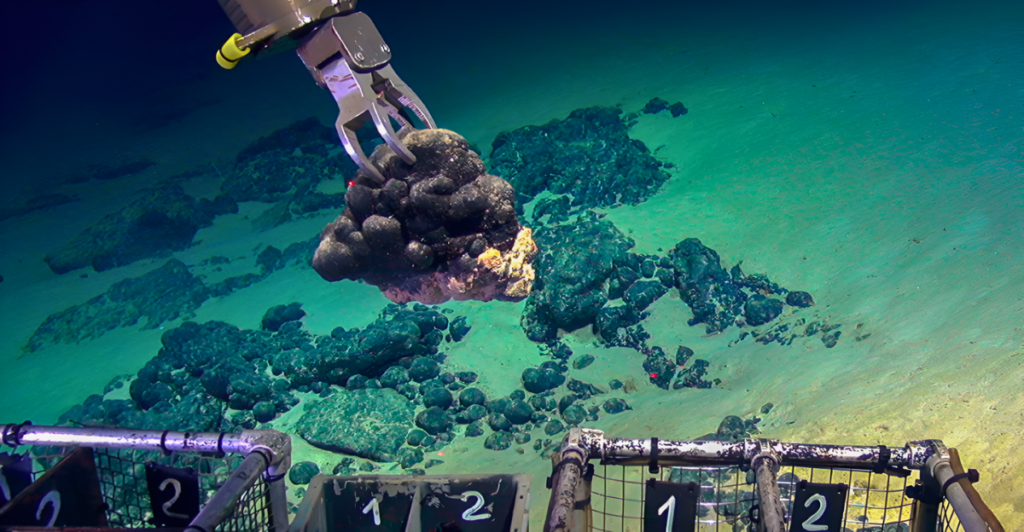
The U.S. government is considering support for a Canadian company’s deep-sea mining initiative in international waters, igniting discussions on environmental and legal implications. The Metals Company, based in Vancouver, seeks to extract critical minerals like cobalt, nickel, and manganese from the Pacific Ocean floor, which are essential for electric vehicle batteries and renewable energy technologies.
This move aims to reduce reliance on foreign mineral sources, particularly from China. However, critics argue that bypassing the International Seabed Authority (ISA), which governs such activities under the U.N. Convention on the Law of the Sea, could breach international law. The U.S. has not ratified this treaty, raising concerns about unilateral actions undermining global agreements.
Environmentalists warn of potentially irreversible damage to marine ecosystems, emphasizing the need for comprehensive scientific assessments before proceeding. The debate highlights the tension between economic interests and environmental stewardship in pursuing critical resources.
The Metals Company’s Deep-Sea Mining Ambitions
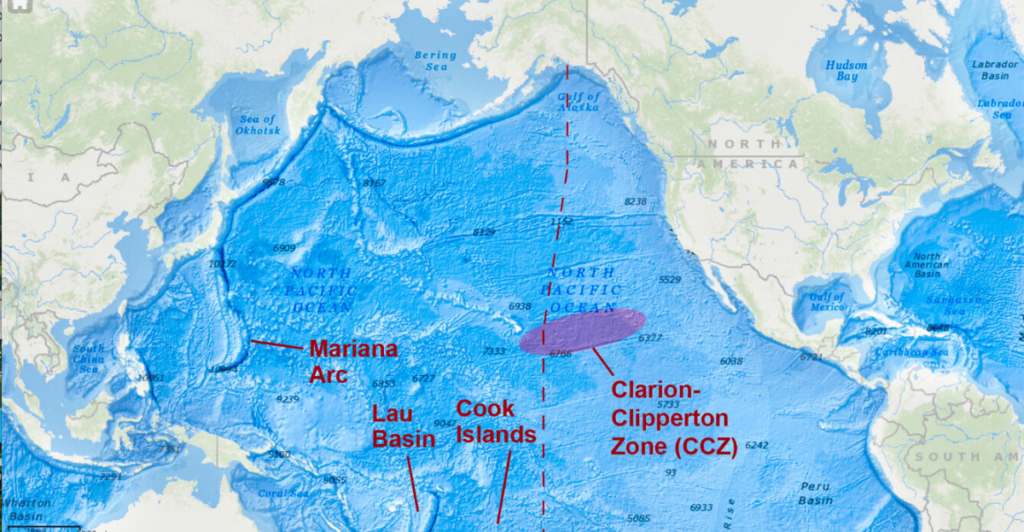
The Metals Company aims to harvest polymetallic nodules from the Clarion-Clipperton Zone in the Pacific Ocean, a region rich in minerals vital for green technologies. These nodules, formed over millions of years, contain high concentrations of cobalt, nickel, and manganese. The company’s proposal involves collecting these nodules from the seafloor and transporting them to the surface for processing.
Proponents argue that this method offers a less invasive alternative to terrestrial mining, potentially reducing deforestation and human rights concerns. However, the environmental impacts of disturbing deep-sea habitats remain largely unknown, prompting calls for caution and further research before initiating large-scale operations.
Environmental Concerns Over Deep-Sea Mining
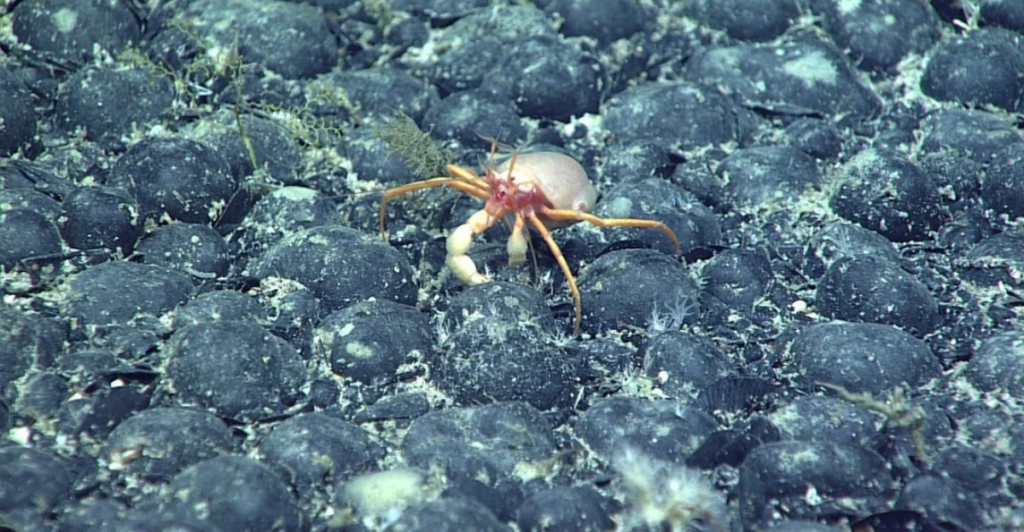
Environmentalists express apprehension about the potential ecological consequences of deep-sea mining. Disturbing the ocean floor could disrupt habitats, threaten biodiversity, and release sediment plumes that affect marine life. The deep sea hosts unique ecosystems, many still unexplored and poorly understood.
Scientists warn that mining activities could lead to irreversible damage, including the extinction of undiscovered species. The lack of comprehensive environmental assessments and regulatory frameworks exacerbates these concerns, highlighting the need for a precautionary approach to protect marine ecosystems.
Legal and Regulatory Challenges
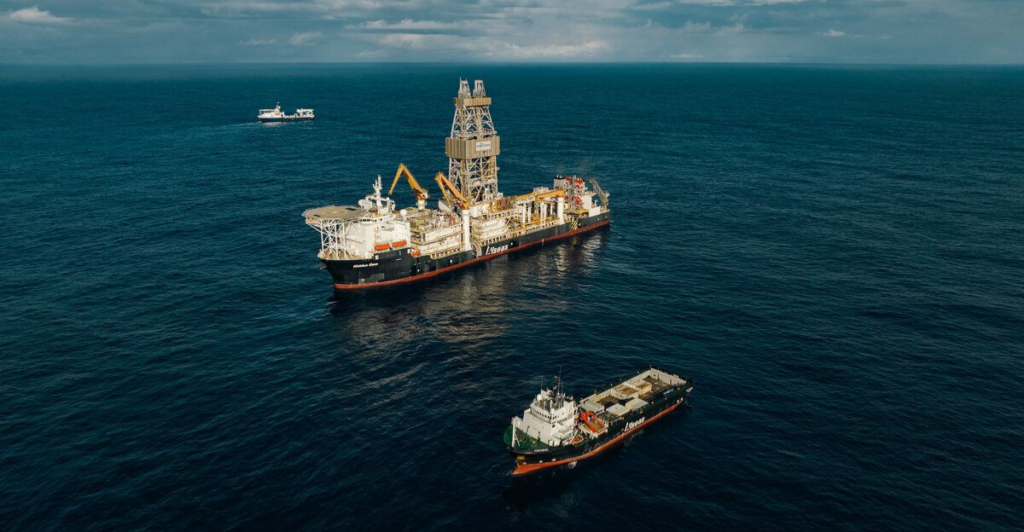
The U.S. support for The Metals Company’s project raises legal questions, particularly regarding bypassing the International Seabed Authority (ISA). The ISA, established under the U.N. Convention on the Law of the Sea, regulates mineral-related activities in international waters. While the U.S. has not ratified this treaty, previous administrations have generally respected its provisions.
Critics argue that unilateral actions could undermine international law and set a precedent for other nations to follow suit, potentially leading to unregulated exploitation of the deep sea. The situation underscores the complexities of governing activities in international waters and the importance of multilateral cooperation.
Economic Implications and Strategic Interests
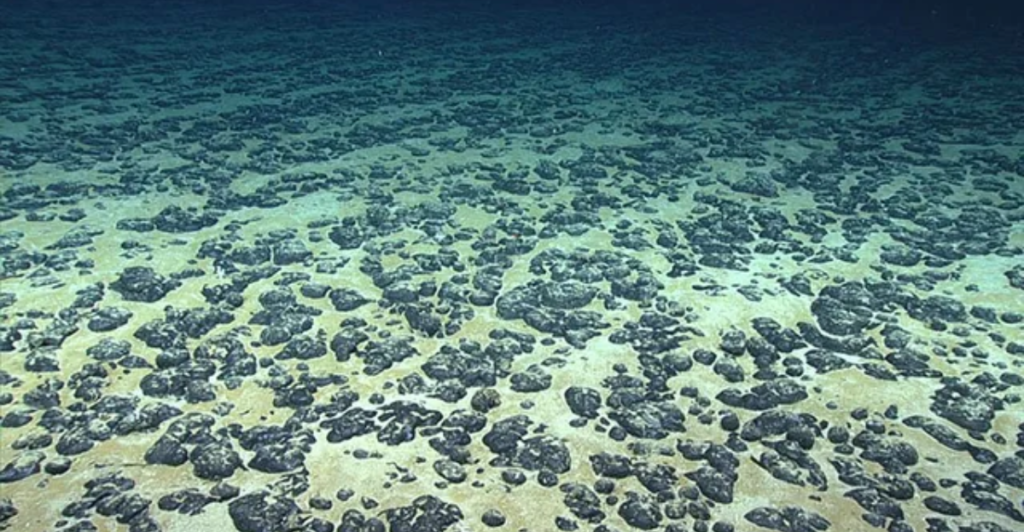
Securing access to critical minerals is a strategic priority for the U.S., especially amid growing demand for electric vehicles and renewable energy technologies. Deep-sea mining presents an opportunity to diversify supply chains and reduce dependence on foreign sources. However, the economic benefits must be weighed against potential environmental costs and legal challenges.
Investments in deep-sea mining also carry financial risks, given the uncertainties surrounding regulatory approvals and public acceptance. Balancing economic interests with ecological responsibility remains a key challenge in pursuing deep-sea resource extraction.
International Response and Calls for Moratorium

The international community has expressed concern over the U.S. support for deep-sea mining without ISA approval. Over 30 countries advocate for a moratorium on such activities until comprehensive environmental regulations are established. They emphasize the need for scientific research to fully understand the potential impacts on marine ecosystems.
Unilateral actions by individual nations could jeopardize efforts to develop a cohesive global framework for deep-sea mining, leading to conflicts and environmental degradation. The situation highlights the importance of international collaboration in managing shared ocean resources responsibly.
Scientific Knowledge Gaps and Research Needs

The deep sea remains one of the least explored environments on Earth, with many species and ecosystems yet to be discovered. Current scientific understanding of deep-sea habitats is limited, making it challenging to predict the consequences of mining activities.
Researchers call for extensive studies to assess the potential ecological impacts and develop effective mitigation strategies. Investing in scientific research is crucial to inform policy decisions and ensure that any resource extraction is conducted sustainably and responsibly.
Technological Challenges and Innovations
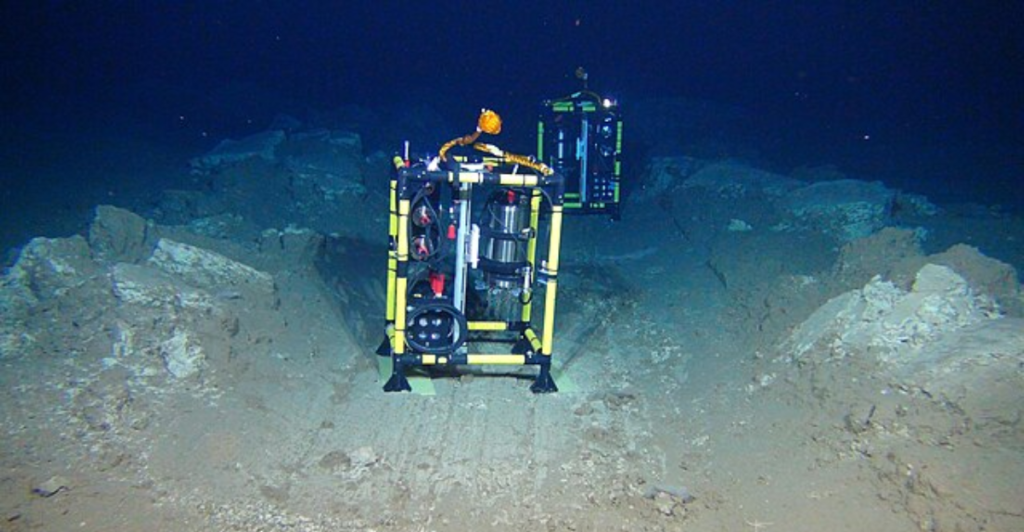
Deep-sea mining involves complex technological operations, including remotely operated vehicles and specialized equipment to extract and transport minerals from the ocean floor. Developing and deploying these technologies pose significant engineering challenges and require substantial investment.
Innovations in this field could lead to more efficient and environmentally friendly mining methods. However, the potential for mechanical failures and environmental disturbances necessitates rigorous testing and oversight to minimize risks associated with deep-sea mining operations.
Indigenous and Coastal Community Perspectives
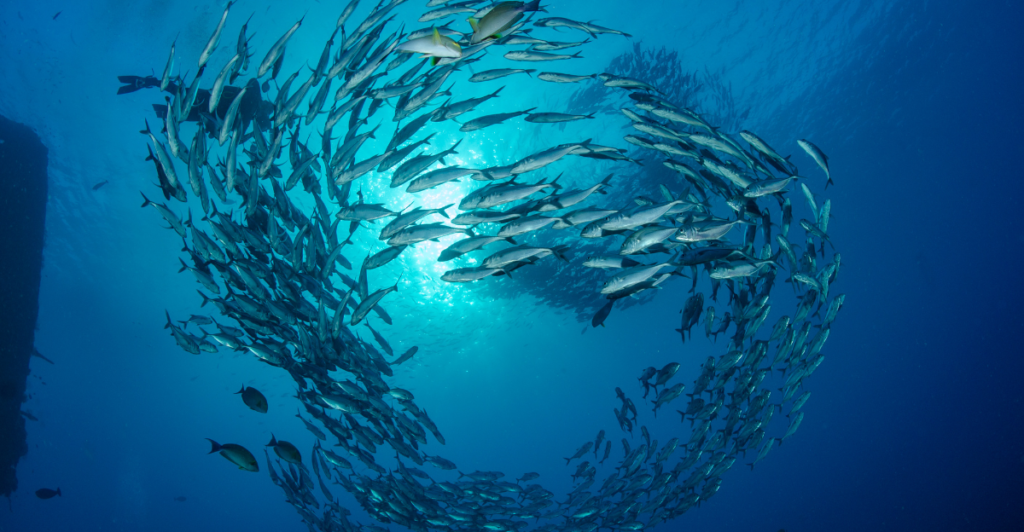
Indigenous and coastal communities often have deep cultural and economic ties to marine environments. They express concerns about the potential impacts of deep-sea mining on fisheries, biodiversity, and traditional practices. Engaging these communities in decision-making is essential to address their perspectives and ensure equitable outcomes.
Incorporating traditional knowledge and respecting the rights of Indigenous peoples can contribute to more inclusive and sustainable approaches to ocean resource management.
The Future of Deep Sea Mining
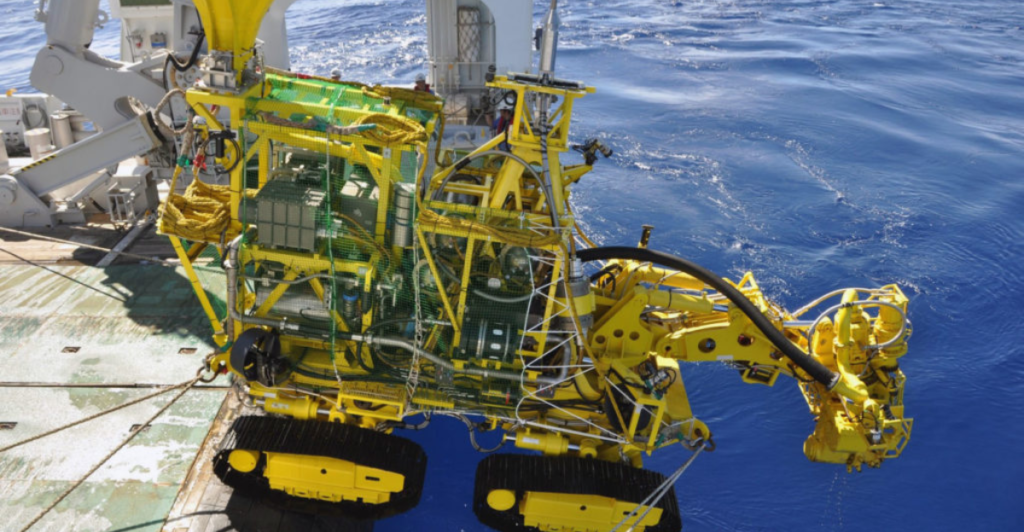
As the debate over deep-sea mining continues, the future of such projects will likely depend on further scientific research, regulatory developments, and public opinion. The demand for critical minerals is expected to rise, driven by the global transition to clean energy technologies, which may incentivize further exploration of ocean resources. However, balancing economic benefits with environmental and ethical considerations will remain challenging.
International collaboration will be essential to create robust legal frameworks safeguarding the environment while enabling responsible resource extraction. Ultimately, the outcome of this debate could set a significant precedent for how the global community approaches deep-sea mining and other resource extraction activities in the future.
Explore more of our trending stories and hit Follow to keep them coming to your feed!

Don’t miss out on more stories like this! Hit the Follow button at the top of this article to stay updated with the latest news. Share your thoughts in the comments—we’d love to hear from you!







